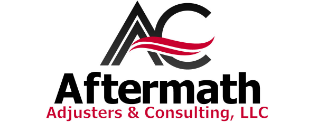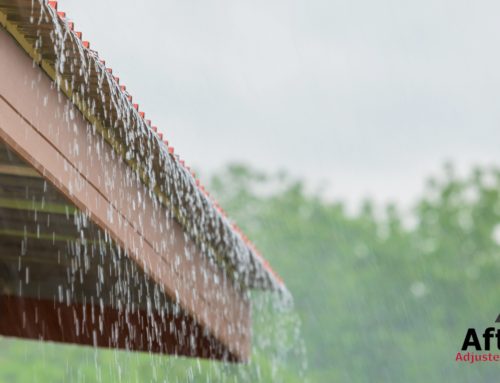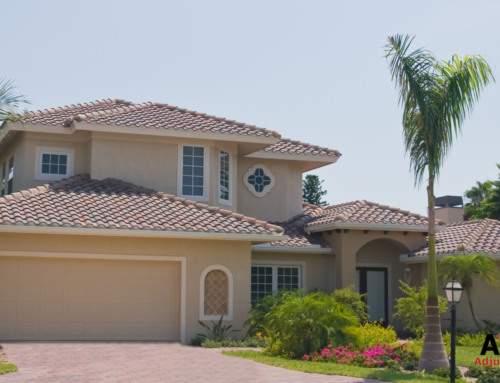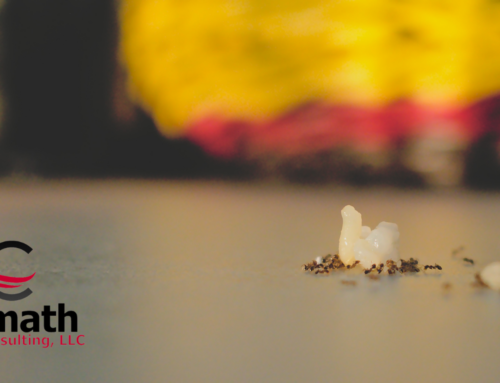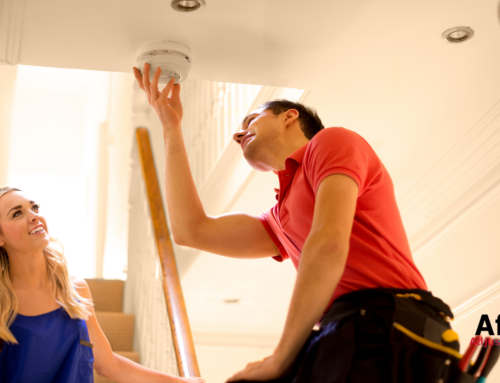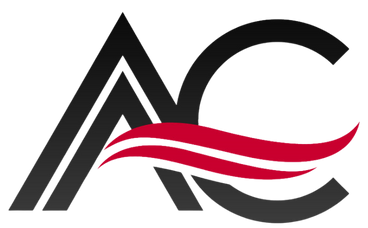If you’ve lived in Florida for any length of time, you know what happens when the National Weather Service names a storm and predicts that it will hit Florida. Needed supplies fly off the shelves and those who did not prepare early are left without. Before acquiring anything below, you should always have proper Hurricane insurance in Florida as well. Here are some of the things you should get to prepare now.
Emergency Supplies
- Water – The general rule of thumb is to have 1 gallon of water per person per day. Try to have at least a three-day supply for each person (and pet) in your household.
- Non-perishable Food – During a hurricane, you may not have access to electricity, so be sure that the foods you have can be eaten cold. Canned goods should have a pull tab or purchase a manual can opener to keep with these items.
- Gasoline – Fill your car and generator before a storm. During hurricane season, never let your car’s gas take get lower than half full.
- Coolers – Have several on hand to keep bags of ice cool.
- Flashlights – Be sure to buy extra batteries and bulbs
- Radio – Get a hand-crank or solar radio, if possible. Otherwise, have extra batteries
- Batteries – For all other equipment that requires batteries
- First-aid Kit – Keep in mind those in your household that may have different needs such as infants, the elderly, disabled
- Tools – A toolkit for securing your home and mitigating damage during and after a storm including work gloves, heavy-duty extension cords, etc
- Supplies for securing your home – Plywood, duct tape, plastic sheeting, tarps
- Candles – Don’t forget the matches
- Personal hygiene kit – Include sunscreen because, after the storm, you may find yourself outside with little protection
- Clothes – Change of clothes for at least three days that include a hat, socks, rain gear, and sturdy shoes
- Chargers – If you have electricity, you’ll need to know where the chargers are for electronics
- Sleeping bags, pillows, and emergency blankets
- Whistle – In case you need to get someone’s attention in an emergency
- Generator – It is almost impossible to find a generator after an agency name a storm
Special Circumstances
When creating your stash of emergency supplies, keep in mind the following:
- Those with special conditions: These individuals may need specific medications or medical supplies.
- Infants: During an emergency, it will be difficult to find diapers, wipes, and formula.
- Elderly: In addition to the emergency supply list above, keep a list of medications and dosages, a copy of prescriptions, and doctor contact information.
- Babies: Be sure to pack the essentials including formula, diapers, wipes, bottles, clothes, and anything else your baby may need for an extended period of time.
- Pets: Collar, leash, bowl, carrier, shot record, and carrier if needed.
Gather Personal Documents
When a hurricane strikes, you may have to evacuate. If you are displaced from your home, everything will be easier if you have documents to prove who you are, give access to your financial records, provide medical care, and more. Once you gather these documents, create a digital version to store online and place the originals to take with you in a waterproof case.
- Contact numbers for family
- Medication list
- Immunization records
- Proof of address
- IDs – Driver’s license, military ID, social security card, passport
- Certificates – birth, marriage, death, divorce
- Wills
- Deeds
- Stocks and bonds
- Financial account numbers
- Household inventory list
Prepare Your Home Early
There are many things you can do to get your home ready for hurricane season – long before a hurricane is on the way. When you prepare early, you can minimize the damage to your home. Here are a few things to consider:
- Install permanent hurricane shutters on windows or buy plywood to fit over all doors and windows.
- Clean out gutters and drains
- Trim trees
- Know which items you will bring indoors in case of a storm
- Have the rope and tie-downs for items that will remain outdoors during a storm
- Review your homeowner’s insurance to be sure that you have the coverage you need. You’ll want to have flood and windstorm insurance in addition to standard homeowners insurance, as well as strong Florida hurricane insurance.
Finally, be sure to add Aftermath Adjusters & Consulting to your list of potential contact numbers. If your home suffers from hurricane damage, you’ll want to give us a call. We can help you file a claim, negotiate with your Florida Hurricane insurance carrier, and get you the highest possible payout given your insurance policy.
